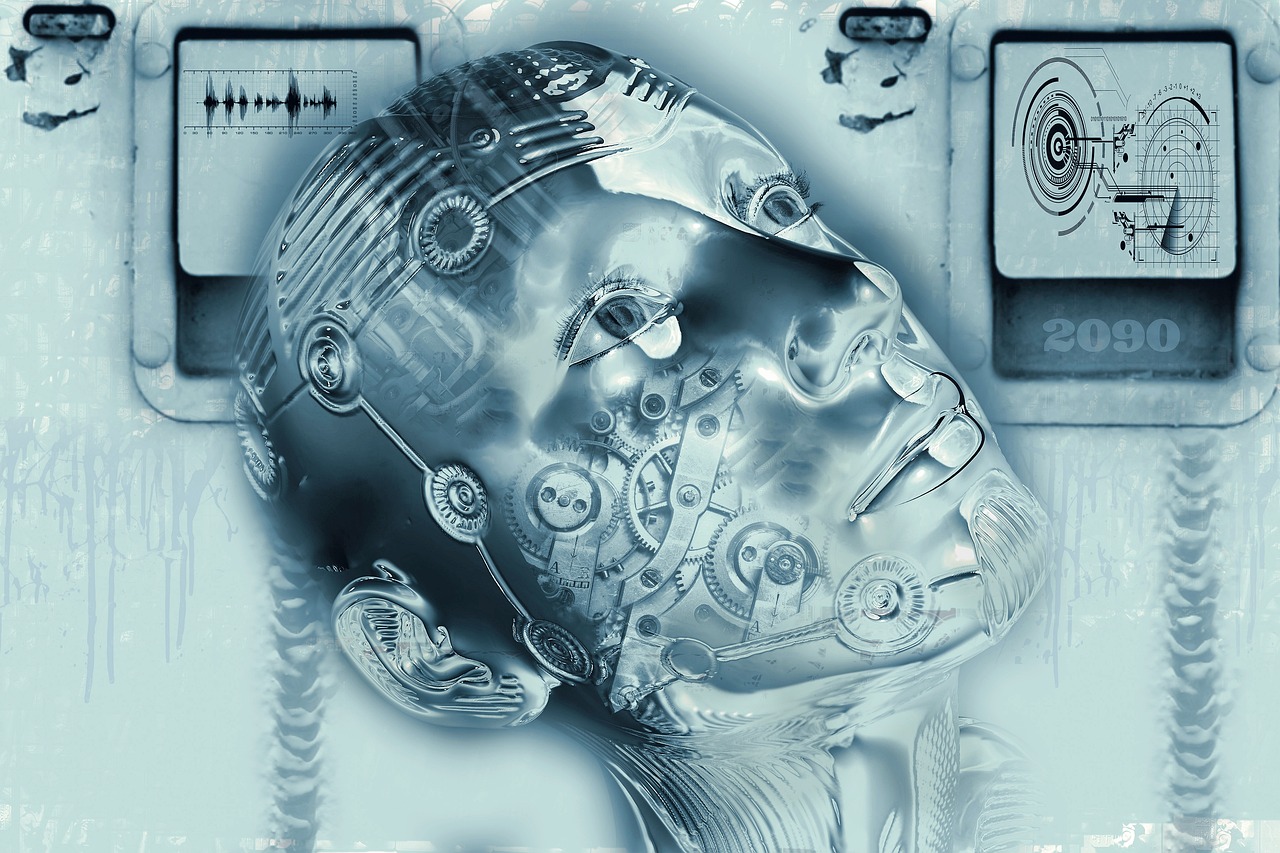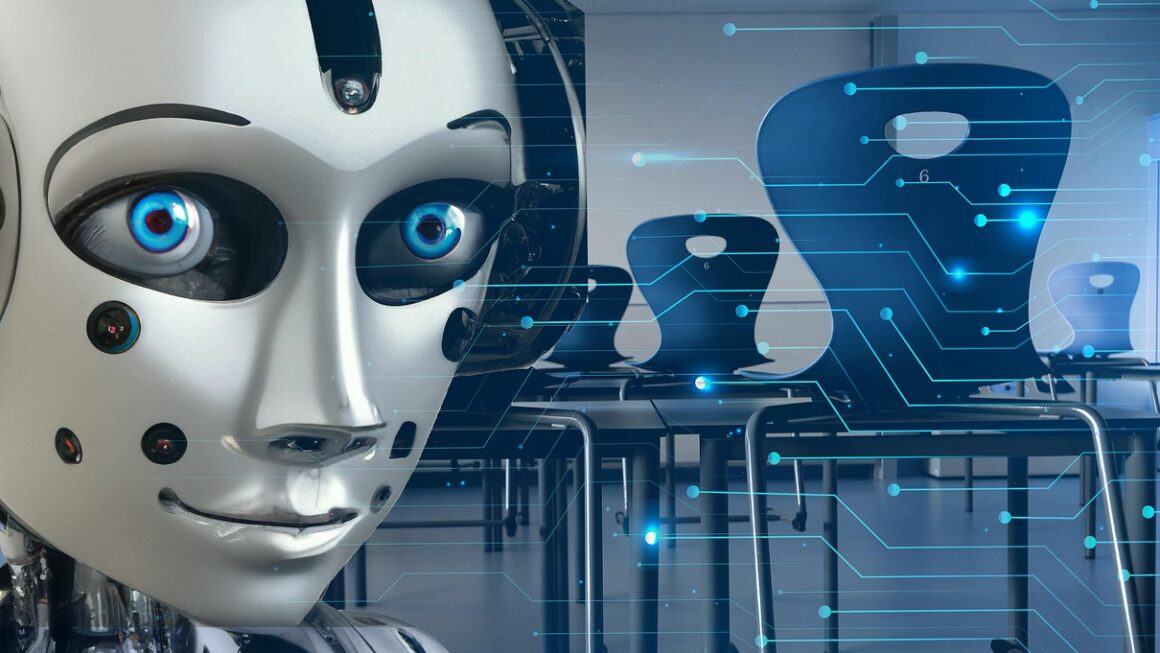Imagine having a tireless, always-available assistant who can answer your questions, schedule your meetings, write your emails, and even help you brainstorm new ideas. That’s the promise of AI assistants, and it’s a promise that’s rapidly becoming a reality. From simple voice-activated devices to sophisticated software integrated into our everyday tools, AI assistants are revolutionizing how we work, live, and interact with the world around us. This blog post delves into the world of AI assistants, exploring their capabilities, benefits, and future potential.
What are AI Assistants?
Defining AI Assistants
AI assistants are software applications that utilize artificial intelligence to perform tasks and provide information to users. They are designed to understand natural language, learn from user interactions, and adapt to individual preferences. Unlike traditional software that requires explicit instructions, AI assistants can infer user intent and offer proactive assistance. These intelligent systems are increasingly integrated into various devices and platforms, making them easily accessible for a wide range of applications.
Key Features of AI Assistants
- Natural Language Processing (NLP): Allows AI assistants to understand and respond to human language, both spoken and written.
- Machine Learning (ML): Enables AI assistants to learn from data and improve their performance over time.
- Voice Recognition: Converts spoken words into text, allowing users to interact with AI assistants using voice commands.
- Personalization: Adapts to individual user preferences and provides tailored recommendations.
- Task Automation: Automates repetitive tasks, such as scheduling meetings, sending emails, and setting reminders.
Examples of Popular AI Assistants
- Siri (Apple): Integrated into Apple devices, Siri can answer questions, make calls, send texts, and control smart home devices.
- Google Assistant (Google): Available on Android devices, smart speakers, and other platforms, Google Assistant can provide information, play music, set alarms, and control smart home devices.
- Alexa (Amazon): Primarily used on Amazon Echo devices, Alexa can play music, set alarms, provide news and weather updates, and control smart home devices.
- Cortana (Microsoft): Integrated into Windows 10 and other Microsoft products, Cortana can set reminders, manage calendars, and provide information.
- Chat GPT: An AI assistant that helps with various tasks such as writing, editing, and brainstorming ideas.
Benefits of Using AI Assistants
Increased Productivity
AI assistants can significantly boost productivity by automating repetitive tasks and freeing up time for more important activities.
- Example: Scheduling meetings can be time-consuming, but an AI assistant can analyze calendars, identify available slots, and send out invitations automatically.
- Statistic: According to a McKinsey Global Institute report, automation technologies, including AI, could increase global productivity by 0.8 to 1.4 percent annually.
Improved Efficiency
By streamlining workflows and providing quick access to information, AI assistants can improve overall efficiency.
- Example: An AI assistant can quickly search for information online, saving users time and effort.
- Actionable Takeaway: Use AI assistants to automate daily tasks like checking email or searching for specific data to improve efficiency.
Enhanced Communication
AI assistants can facilitate communication by transcribing notes, translating languages, and summarizing information.
- Example: During a meeting, an AI assistant can transcribe notes, allowing participants to focus on the discussion.
- Benefit: AI assistant can translate languages in real-time, helping users communicate with people from different cultures.
Better Decision-Making
By providing data-driven insights and recommendations, AI assistants can help users make better decisions.
- Example: An AI assistant can analyze market trends and provide recommendations for investment decisions.
- Actionable Takeaway: Leverage AI assistant’s data analysis capabilities to get data-driven insights that could improve decision-making.
How AI Assistants are Used in Different Industries
Healthcare
AI assistants are being used in healthcare to assist doctors, nurses, and patients.
- Example: AI assistants can help doctors diagnose diseases by analyzing medical images and patient data.
- Example: AI assistants can monitor patients’ vital signs and alert medical staff if there are any concerns.
- Benefit: Improving accuracy and speeding up the diagnostic process, ultimately leading to better patient outcomes.
Retail
AI assistants are transforming the retail industry by personalizing customer experiences and optimizing operations.
- Example: AI assistants can provide personalized product recommendations based on customer preferences and purchase history.
- Example: Chatbots powered by AI can handle customer inquiries and resolve issues, reducing the workload on customer service representatives.
- Benefit: Enhancing customer satisfaction and driving sales.
Finance
AI assistants are being used in finance to automate tasks, detect fraud, and provide financial advice.
- Example: AI assistants can automate tasks such as processing invoices and reconciling accounts.
- Example: AI assistants can detect fraudulent transactions by analyzing transaction patterns and flagging suspicious activity.
- Benefit: Reducing costs and improving accuracy in financial operations.
Education
AI assistants are revolutionizing education by providing personalized learning experiences and automating administrative tasks.
- Example: AI assistants can provide personalized tutoring to students based on their individual learning needs.
- Example: AI assistants can automate tasks such as grading assignments and providing feedback to students.
- Benefit: Improving student outcomes and reducing the workload on teachers.
The Future of AI Assistants
Advancements in Natural Language Processing
- Expected Development: AI assistants will become even more proficient at understanding and responding to human language, making interactions more natural and intuitive.
- Impact: Enhanced understanding of nuance, context, and intent will lead to more accurate and helpful responses.
Integration with IoT Devices
- Expected Development: AI assistants will seamlessly integrate with a wider range of IoT devices, allowing users to control their homes and devices with voice commands.
- Impact: More seamless integration between all devices that are used daily.
Increased Personalization
- Expected Development: AI assistants will become even more personalized, adapting to individual preferences and providing tailored recommendations.
- Impact: Proactive assistance and personalized experiences will enhance user satisfaction and engagement.
Enhanced Security and Privacy
- Expected Development: Developers will prioritize security and privacy, implementing measures to protect user data and prevent unauthorized access.
- Impact: Increased trust and confidence in using AI assistants. Data minimization, end-to-end encryption, and transparent data practices will become standard.
Conclusion
AI assistants are rapidly evolving, and their potential to transform the way we live and work is immense. From boosting productivity and improving efficiency to enhancing communication and enabling better decision-making, AI assistants offer a wide range of benefits across various industries. As AI technology continues to advance, we can expect even more sophisticated and personalized AI assistants that seamlessly integrate into our daily lives, making us more efficient, informed, and connected. Embracing AI assistants and exploring their capabilities is essential for individuals and organizations looking to stay ahead in the digital age.




